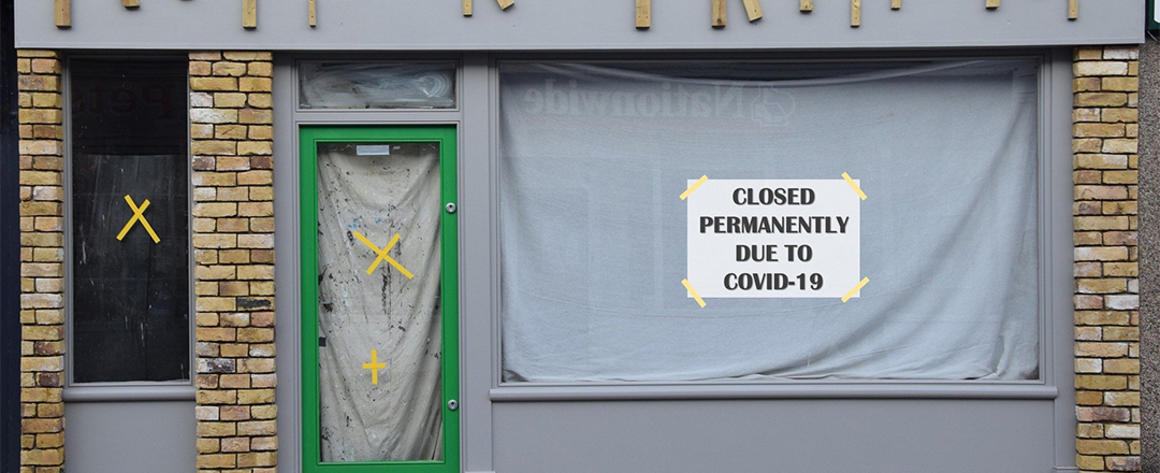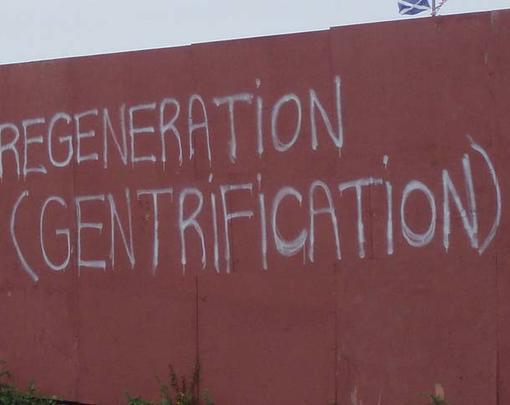As the COVID-19 crisis continues to unfold in the US through the summer of 2020, evidence mounts that the pandemic has become an extinction event for small businesses. One such indicator is a survey done by the popular business review site Yelp, which in July 2020 reported that of the businesses that announced that they were closing due to COVID-19 restrictions, 55% of them will not reopen. In a single one-month stretch from mid-June to mid-July, more than 15,700 businesses listed on Yelp shuttered for good.
Dramatic interventions are necessary to preserve the remaining local businesses at risk of failure and prevent further consolidation of the economy in the hands of private equity and absentee corporations. In one such intervention, states and cities could create holding companies – local economy preservation funds (LEPFs) – to purchase small and medium-sized enterprises, hold them during the crisis, and refloat in the recovery. Financing might come from the Federal Reserve’s Municipal Liquidity Facility, or from private or philanthropic capital.
To ensure firms remain locally owned and in the public interest, the funds could support existing owners through the crisis, or mandate or preference exit of firms to local owners, to ESOPs and cooperatives, to state and local governments, or to people of color. Policymakers should put in place incentives to support employee buyouts. Some firms might remain in municipal or state ownership over the long run, generating public income. Some funds might be organized explicitly to serve businesses owned by or employing high numbers of people of color.
The Democracy Collaborative and its Next System Project have been sharing this idea with local leaders in various parts of the country. On this page are resources and articles that offer details and perspective on how local economy preservation funds would work.
- Joint concept paper for the President-elect Biden transition team by The Democracy Collaborative/Council for Development Finance Agencies
- Concept paper: “A State or City Holding Company to Block the Leveraged Buyout of the U.S. Real Economy – A Local Economy Preservation Fund”
- Next City article by Marjorie Kelly and Thomas Hanna: “A Plan to Save Local Businesses and Create Broad Prosperity.”
- The Guardian article by Joe Guinan and Martin O’Neill: “Only bold state intervention will save us from a future owned by corporate giants”
- Slide presentation by Marjorie Kelly for the National League of Cities.
- Elements of the Democratic Economy two-pager on the public holding company.
- John Cassidy in The New Yorker: “It’s Time to Establish a New Reconstruction Finance Corporation”
- The Main Street Phoenix Project, an example of some of the LEPF principles in action
- New York State Assembly legislation to create a COVID-19 Recovery Commission which incorporates some LEPF principles.




